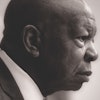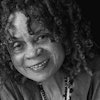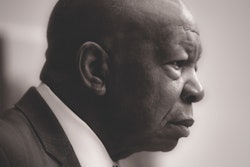COVID-19 has affected us all in different ways. During the spring semester, most colleges and universities had to pivot to move courses online. At that time most, if not all, students left campus. As the American Medical Association pointed out, the COVID-19 pandemic is disproportionately affecting Black, Indigenous, People of Color (BIPOC) populations because they “suffer disproportionally, due to the inequities in society perpetuated by systematic practices.” Amidst the stress of COVID-19, we witnessed the brutal murders of Breonna Taylor in March and George Floyd in May, at the hands of law enforcement. For many college students, the trauma from the pandemic was already enough to increase feelings of anxiety and grief. These feelings intensified with the aforementioned murders, the clearly visible racism associated with these murders, and the racial unrest that followed.
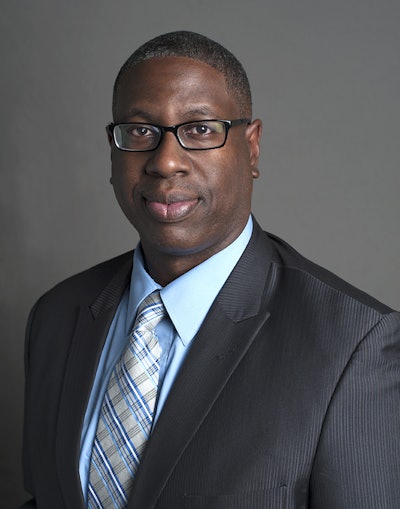 Dr. Warren Hilton
Dr. Warren HiltonThese series of events left college students wondering what to do. Many took to the streets to protest. Some utilized social media to express their outrage. Others suffered in silence retreating inwardly, plagued with thoughts of hopelessness. Some students turned to their colleges and universities for help. Students wanted the institutions they rely on for education to be a place for safety and action. They called for institutions of higher education (IHEs) to go beyond statements supporting Black Lives Matter and rejecting racism. They wanted IHEs to illustrate through tangible means support for BIPOC students as well as more welcoming and inclusive campus culture. The remainder of this article is dedicated to the response of two IHEs in Pennsylvania.
Kutztown University (KU) has roughly 18% BIPOC students. BIPOC, White, and international students along with alumni, voiced concerns about the University’s initial statement rejecting racism, hatred, and bigotry, challenging the University to rise to the occasion by taking aggressive action. University administration posted a subsequent statement that further explained that non-acceptance of racism was insufficient, underscoring its support of Black Lives Matter and committing to action. In the following two months, the University engaged students, faculty, staff, and alumni in virtual conversations. These courageous ‘Let’s Talk’ sessions were design to hear the feelings of the campus community and established desired action items.
This discourse was a springboard for each area of the institution to examine what could be done to move an anti-racist agenda forward. The result was a starting point for action: a list of over 100 actions items spanning the breadth of KU was communicated to the campus community in mid-August. Several of the action items have been implemented including adding personnel to the Inclusion and Outreach staff, affirming that KU’s police force use of force policies adhere to the 8 Can’t Wait policies, and a faculty-led discussion panel of Black students and alumni in the communication/graphic design field. The University’s Associate Dean for Inclusion and Outreach will be coordinating the tracking, monitoring, and reporting of the action items to ensure metrics are achieved and progress is made. The University’s administration and campus community will be updated regularly on the progress, and additional action items added as needed.
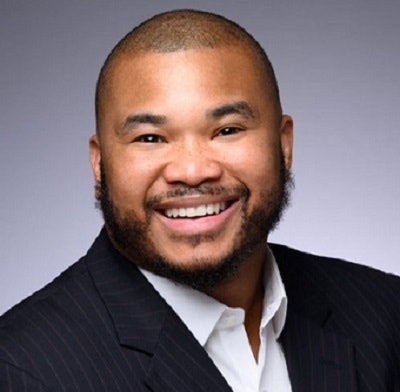 Dr. Adriel A. Hilton
Dr. Adriel A. HiltonNestled in Southwestern Pennsylvania, just 35 miles away from Pittsburgh, Seton Hill University (SHU) has also been tasked with the challenge of making the necessary adjustments due to the pandemic and the heightened racial climate. With a BIPOC population of 19 percent, SHU has also given credence to the voice and concerns of its own minority population. The first major step was the establishment of a Presidential Task Force on Diversity and Inclusion. The purpose of this new task force is to review present institutional practices as they relate to diversity and inclusion at SHU and enhance existing programs and policies.
With almost a fifth of the population identifying as BIPOC, it has become necessary to strive to attain diversity in faculty, staff, as well as the student body. The University, subsequently, strategically hired more diverse faculty in the nursing, education, and chemistry programs. We have also hired more diverse staff in residence life along with a new dean of the School of Business, who all identify as BIPOC. Hiring diverse staff is a foundational means of creating new concrete measures that confront racism and exclusion to advance the university as an anti-racist, inclusive community.
Our annual, campus-wide book reading has been moved to this fall, and we will read the book, How to Be an Antiracist, by Dr. Ibram X. Kendi. In addition to identifying and unpacking system racism, our goal with this book club reading is to help each and every student on our campus to embrace tangible steps and actions they can identify and undo the effects of this horrid societal stain. Furthermore, the University initiated the “Freedom Series,” an initiative committed to furthering the training and development of faculty, staff and students.
At Seton Hill, the institution is an advocate of the fact that representation matters. In making these necessary adjustments at IHEs, we make an important step in hopefully securing the financial and academic support so desperately needed to improve the overall student experience for our BIPOC students. By opening the lines of communication to all of our students to make their voices heard regarding the unfortunate recent events, it has revealed the fact that social justice is all of our responsibility, and this revelation has spurred the beginning of establishing a united front equipped to create lasting change.
Dr. Warren Hilton is the vice president for enrollment management and student affairs at Kutztown University. Dr. Adriel A. Hilton is the dean of students and diversity officer at Seton Hill University.

